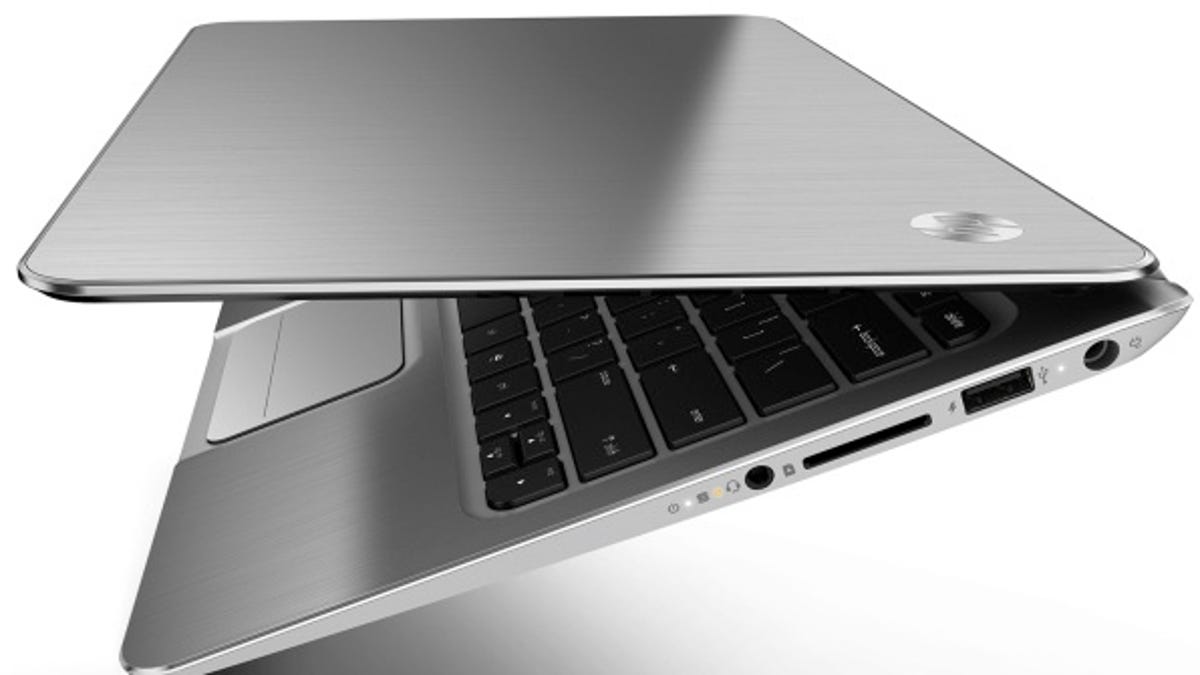Apple iPhone 5 event adds to Intel woes
Intel will have a PR problem on its hands next week as Apple's crosstown happening threatens to eclipse the chipmaker's affair.

It's been a bad week for Intel.
The earnings warning today capped a week that began ominously when Apple sent out invites for an event -- widely expected to be the unveiling of the iPhone 5 -- that could bury Intel's biggest annual conference.
Call it bad luck, but the three-day Intel Developer Forum will peak on September 12, the same day of the big Apple event (which, by the way, CNET will be live-blogging).
And it's probably not a stretch to say that Apple's announcement will generate a mountain of news before, during, and after the event that will be hard for Intel to dig itself out from under.
But there are other issues at play, too. The two events -- both in San Francisco -- point to two different visions of the future.
Apple is now focused on small devices that run iOS, like the iPhone and iPad. Those devices use processors that cost as little as $15.
Intel is still centered on Windows PCs and servers because it can charge a premium, usually between $100 and $200, for its newest mainstream mobile processors.
Problem is, the PC is old news. The iPhone 5 and iPad are new news. And both Apple devices can do a lot of the things a PC can do anyway, without an Intel chip.
It's not all doom and gloom for Intel, of course. Its processors power Apple's popular MacBook Air and MacBook Pro Retina. They'll also power the crush of Windows 8 ultrabooks and tablets due this fall -- that, in more than a few cases, Intel had a hand in designing.
And Intel will talk about power-efficient Fourth Generation Core "Haswell" chips next week that could theoretically be squeezed into an iPad-like device.
But that won't be able to compete with the iPhone, replete with its $15 chips.

